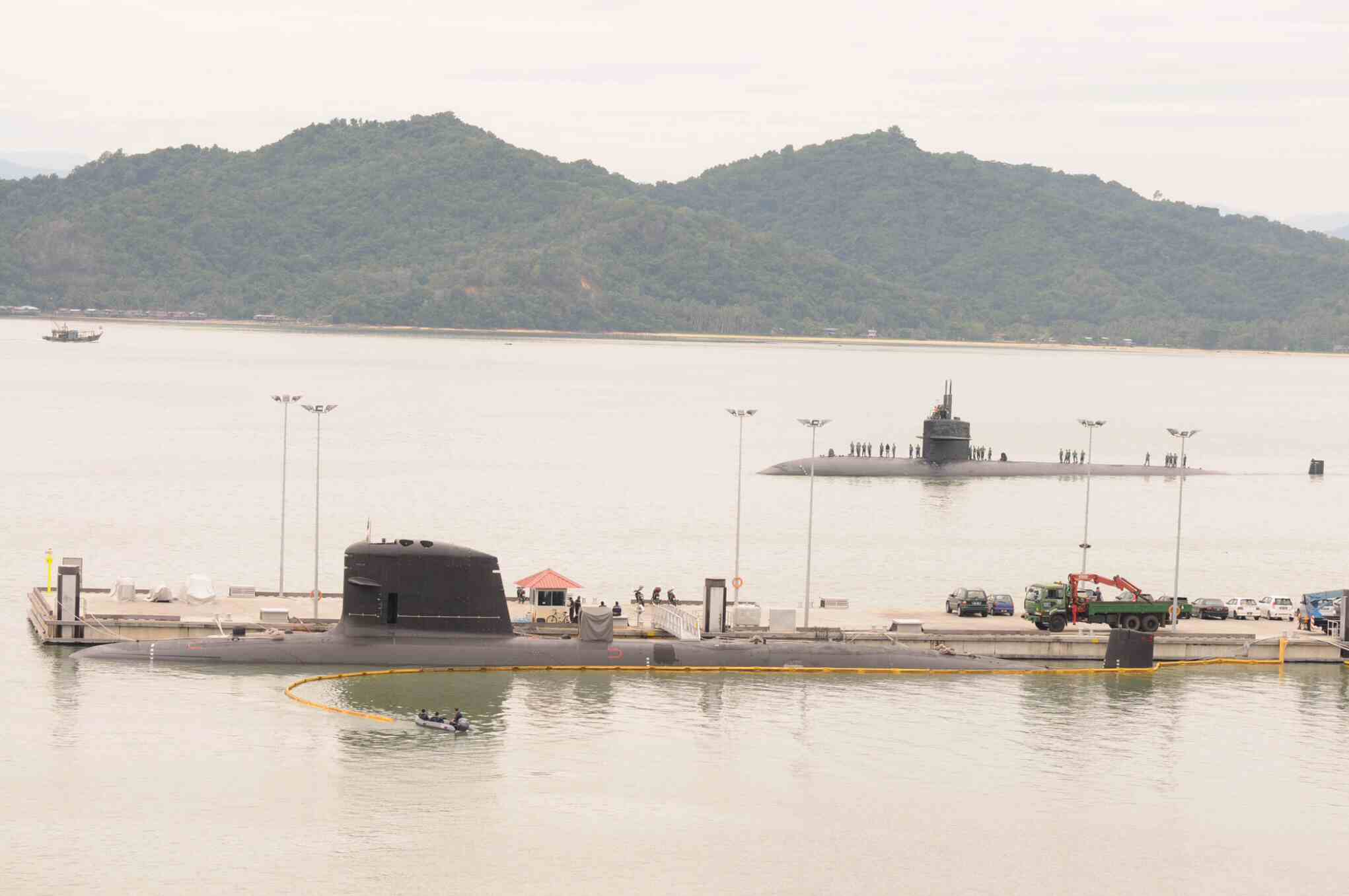
SHAH ALAM: The Defence Ministry is seeking liquidated damages totalling RM147.7 million from Boustead Heavy Industries Corp (BHIC) Bhd subsidiary, Boustead DCNS Naval Corp Sdn Bhd, for breaching its Scorpene submarines support contract.
In a filing to the Bursa Malaysia on July 11, BHIC says Boustead DCNS, received a letter of claim from the ministry on July 10 for compensation amounting to RM53.2mil and 19.3 million euros (RM94.5mil) for an undisclosed breach of contract for the in-service support (ISS) for KD Tunku Abdul Rahman and KD Tun Razak submarines.
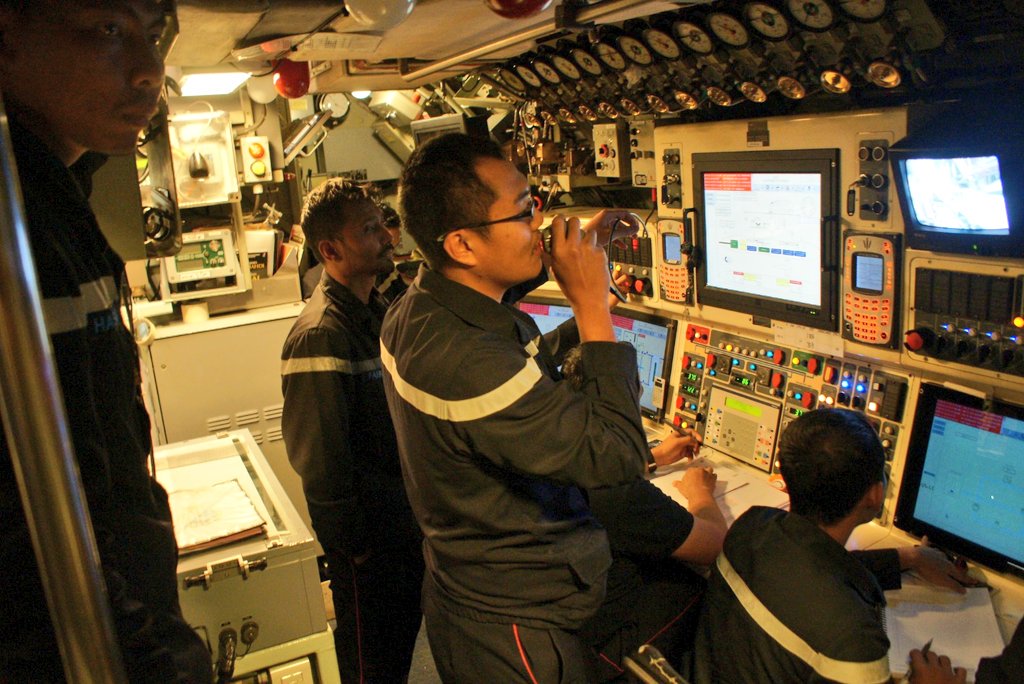
Boustead DCNS, which is 60% owned by BHIC and 40% by French naval systems builder DCNS SA, now known as Naval Group.
BHIC says Boustead DCNS was currently responding to the letter of claim stating that the company was confident that it will be able to defend against the claim.
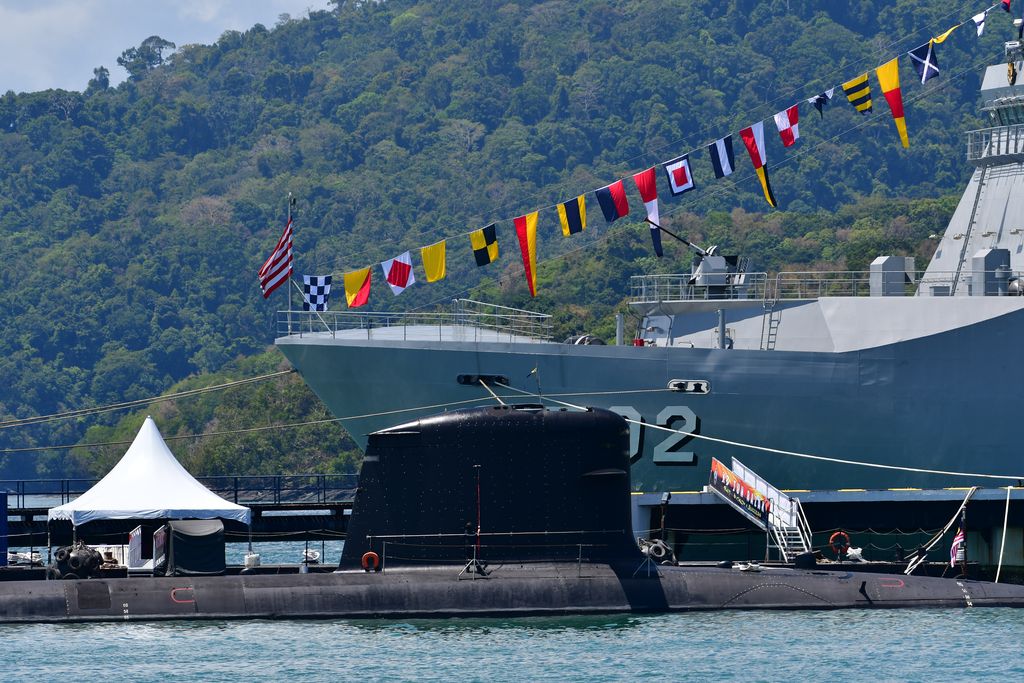
The ISS job was awarded to Boustead DCNS on Aug 12, 2010, for 193 million euros (RM946.34mil) and RM532mil.
The contract which was to expire in late 2015 – was renewed until May this year for 24.98 million euros (RM122.42mil) and RM161.22mil.
For the record, Tunku Abdul Rahman is currently undergoing its first major refit which is should be completed by now.
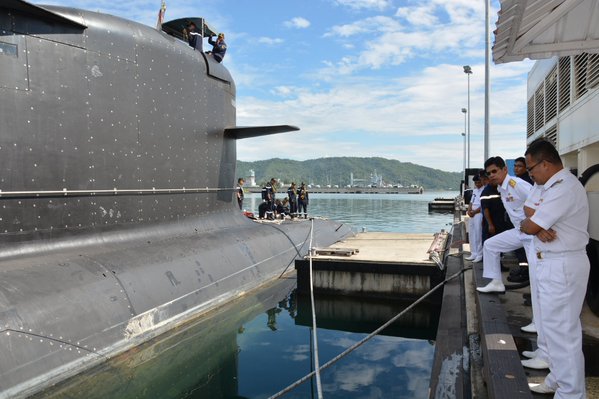
Boustead DCNS Naval Corp Sdn Bhd, received the RM1.232 billion contract to provide the the refit services to Tunku Abdul Rahman and Tun Razak, it was announced on Nov 16, 2015
It must be noted that the refit contract is separate from the ISS one. And it is likely, despite the compensation claim, Boustead DCNS will also be given a new contract for the ISS for the next five years.
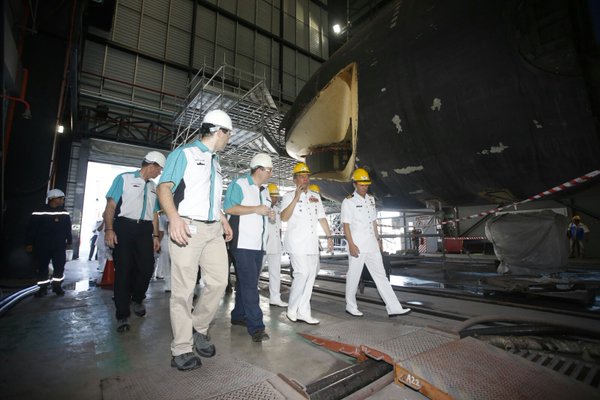
Why? Because, there is no other company in the country can do the job. Even if one were to set-up a new company, it will have to rehire the workers from Boustead DCNS to do the same job as they are the only ones who had the experience to do them.
— Malaysian Defence
If you like this post, buy me an espresso. Paypal Payment

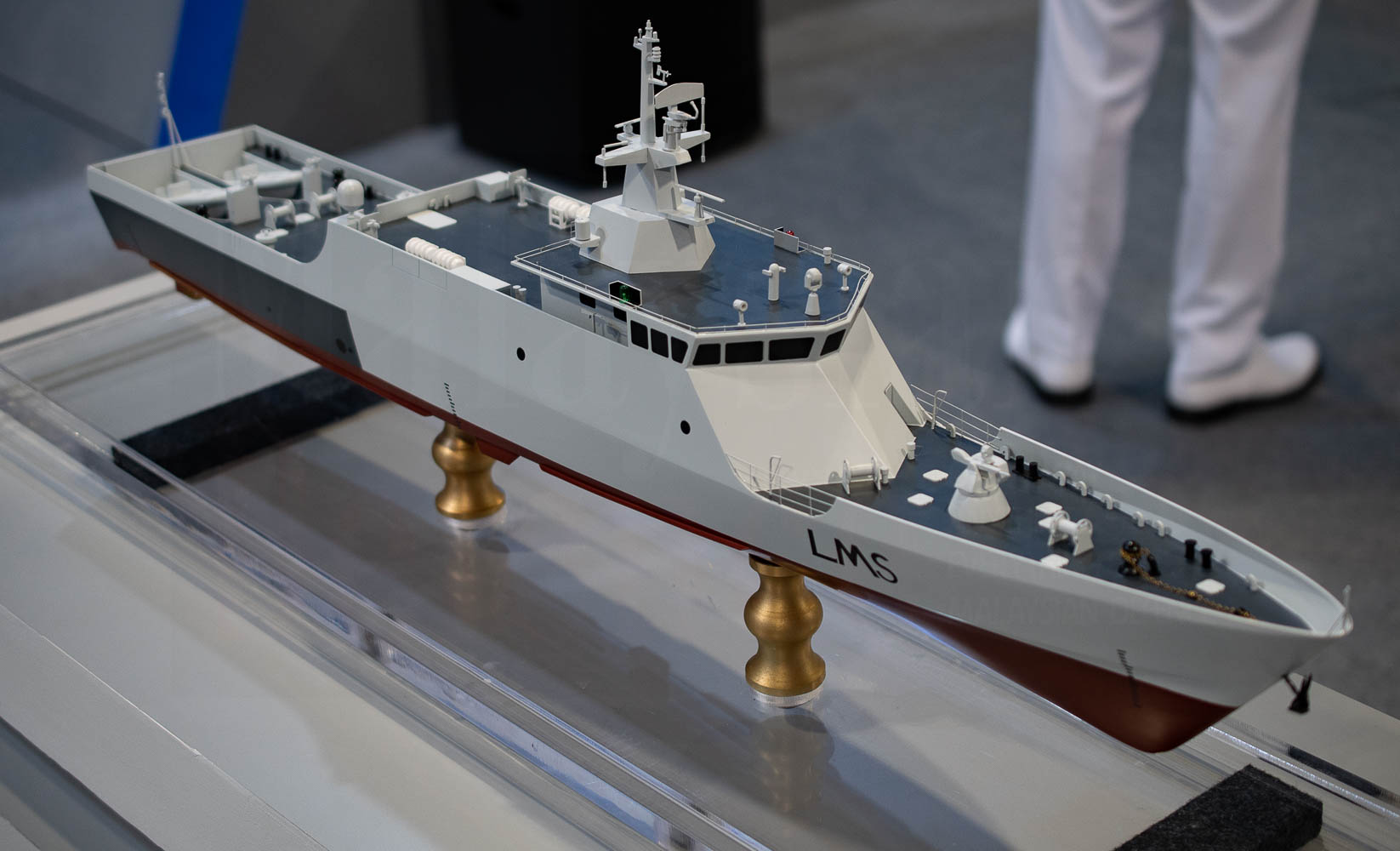

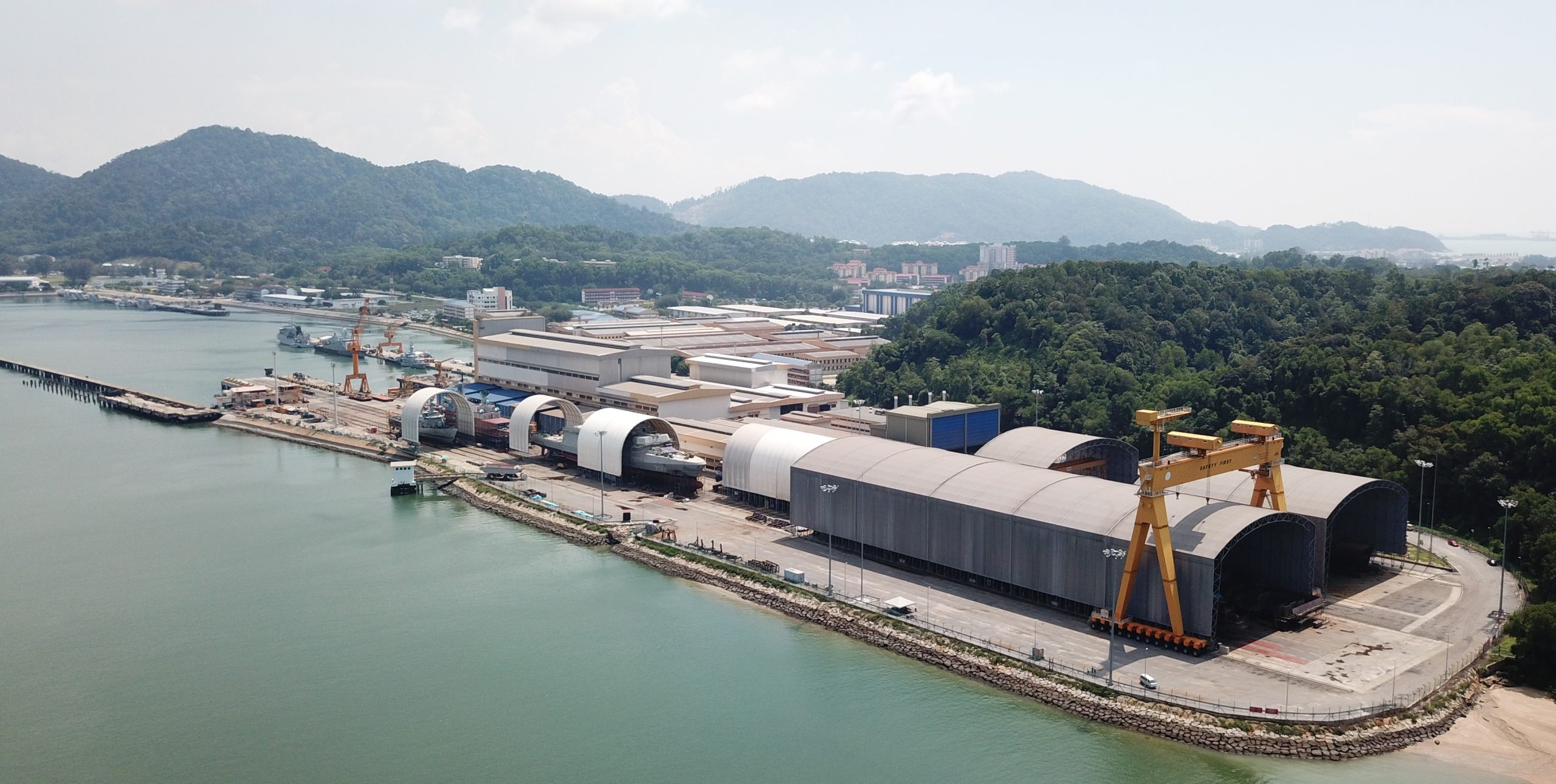
Off topic
Should Scorpene Need an Underwater Air Defences System Such as CAMM or AM90 MICA Marhalim ?.
Reply
No need
Will the fine be paid or another extension granted? Would be interesting to know whether any penalties were collected in the past from GLC if and when there were any delays in completion of any projects or procurement deliveries.
Reply
It is likely that it will be waived upon appeal.
But i read One Of Perajurit Magazine Says It Should Need For Air Defence Submarine to Protect from Topedos Marhalim.
Reply
Asked Perajurit then…
@Syed
I think you misread. Almost no submarine in the world mounts anti-air missiles. US, UK, Soviet and Israeli subs have tested using modified MANPADs like Stinger and Igla before, but US and UK stopped testing and I don’t think Russian or Israeli subs carry them either. Neither CAMM nor MICA have sub-launched versions.
A sub’s best defence is hiding. The advantage is with the ASW helicopter, before the time it can shoot at the heli with a missile, the heli would probably be ready to torpedo the sub.
@ chua
There is the IDAS…
https://scontent-kut2-1.xx.fbcdn.net/v/t1.0-9/fr/cp0/e15/q65/19424380_1503107766412191_5540012339713432864_n.jpg?efg=eyJpIjoidCJ9&oh=1351f69f435be903776a8406518f57db&oe=59FE7BE9
http://www.diehl.com/fileadmin/diehl-defence/user_upload/flyer/IDAS_07_2008.pdf
Chua,
First, detection is not a one way street. Submarines do have the capability to detect a helicopter’s rotor wash as it impacts the sea.
Second, not all submarine launched SAMs are mast mounted VSHORADS. MICA IR and IRIS-T do have have sub launched variants under development.
These concepts have substantial range, submerged launch and lock on after launch capability. All of which make for a very significant threat to helicopter-type targets. There will be situations when helicopters are the only airborne ASW asset or even the only ASW asset that can be deployed.
It’s easy to see how these factors can force a major rethink of helicopter ASW tactics and make sub launched SAMs worth the cost.
@AM
Hmm, I see it, but I doubt it…
Doubt it if you want. The technology for submarine sonar to detect helicopters and launch missiles while submerged has existed for a long time.
Submarines can cost billions of dollars and host hundreds of crew. Even small submarines can have a strategic role. It is not surprising if they are given a way of shooting back.
Israel will probably be an early adopter of the system. IDAS is a German system, the Israeli subs carry Israel’s strategic deterrent, they don’t have as much space as to hide as their US and other counterparts, and Egypt is getting fresh assets capable of ASW.
Those Egyptian assets won’t last a day in a war, but the Israeli subs are treated as important enough to warrant the system.
Chua – ”but US and UK stopped testing and I don’t think Russian or Israeli subs carry them either. ”
A possible reason could have been the USN and RN moving to all all SSN fleet; which tend to operate in deeper waters than SSKs; plus the fact that sub mounted MANPADs then were not reliable and had less effective seekers/guidance systems. When a SSK is hunted, its achillles heel – when without AIP – is its battery. Hunters might not need to pyschically destroy a sub; merely to force it to use up its battery and force a sub to surface. In such a situation, when a sub is short of battery and is being hunted; a MANPADs would be useful in driving off a pesky helo or MPA.
Israeli subs had Blowpipes back in the 1980’s; various Soviet subs also had MANPADs. The issue then was how troublesome and reliable such a system was. Now it’s different, technology for mounting a MANPADs in a sub and detecting a target has matured . There is no doubt such a system has uses but it would only be used if there was little choice as it visually gives away the position of a sub. Just because some navies might not go for such a system doesn’t mean it has no utility. For that matter, some navies still don’t see the need for their boats to have a anti-ship missile and most countries don’t see the need for a gun launched missile from MBTs.
Chua – ”The advantage is with the ASW helicopter,”
Actually, no – the advantage in most cases will be with the sub.’ especially in a littoral environment. Also, ASW in most cases is time consuming and there is the question of how much range and endurance a helo [already loaded with torps and sonobuoys] has. An ideal situation would be for helos to operate in pairs, which is why some navies have space for 2 helos on board their frigates.
Chua – ”Neither CAMM nor MICA have sub-launched versions.”
True but why would there be a need when smaller [and cheaper] missiles will do?
Chua – ”before the time it can shoot at the heli with a missile, the heli would probably be ready to torpedo the sub.”
Not necessarily so.
– a helo could be operating many NM away from its parent ship. Even if the sub was within – on paper – range to fire a weapon, it might not have a good enough solution for the sub CO to do so.
– a sub which is hunted or is trying to get into position might not want to give away its position by firing a torp.
AM – ”DAS is a German system,”
Back in the 1990’s there was a fibre optic German system called Polyphem; intended to be used from subs [to hit helos and land targets], from ships and from helos. It was offered to us as a Sea Skua alternative but the programme was ditched.
@Azlan
“There is no doubt such a system has uses but it would only be used if there was little choice as it visually gives away the position of a sub. Just because some navies might not go for such a system doesn’t mean it has no utility.”
Perhaps.
“Actually, no – the advantage in most cases will be with the sub.”
Yes, IF the sub chooses to hide, which I did note is the sub’s best defence. I was talking in context of a sub and heli trying to fire at each other with a MANPAD-SAM and torpedo, I think the heli has better detection chances and torpedo Pk > MANPAD Pk, plus ASW helis do carry lots of passive missile defences. Given the latter, a MANPAD-SAM like Igla might do nothing more than loudly announce the position of the submarine.
“True but why would there be a need when smaller [and cheaper] missiles will do?”
I dunno, Syed is the one who mentioned CAMM and MICA…
“– a helo could be operating many NM away from its parent ship. Even if the sub was within – on paper – range to fire a weapon, it might not have a good enough solution for the sub CO to do so.
– a sub which is hunted or is trying to get into position might not want to give away its position by firing a torp.”
Wasn’t talking about shooting the parent ship. I said, before the time a sub can shoot at the heli with a MANPAD-SAM, the heli would probably be ready to torpedo the sub.
Anyway all that was in context of then-existing MANPAD-SAMs, the IDAS looks more promising. But I think we have other budget priorities…
@Azlan
“There is no doubt such a system has uses but it would only be used if there was little choice as it visually gives away the position of a sub. Just because some navies might not go for such a system doesn’t mean it has no utility.”
Perhaps.
“Actually, no – the advantage in most cases will be with the sub.”
Yes, IF the sub chooses to hide, which I did note is the sub’s best defence. I was talking in context of a sub and heli trying to fire at each other with a MANPAD-SAM and torpedo, I think the heli has better detection chances and torpedo Pk > MANPAD Pk, plus ASW helis do carry lots of passive missile defences. Given the latter, a MANPAD-SAM like Igla might do nothing more than loudly announce the position of the submarine.
“True but why would there be a need when smaller [and cheaper] missiles will do?”
I dunno, Syed is the one who mentioned CAMM and MICA…
“– a helo could be operating many NM away from its parent ship. Even if the sub was within – on paper – range to fire a weapon, it might not have a good enough solution for the sub CO to do so.
– a sub which is hunted or is trying to get into position might not want to give away its position by firing a torp.”
Wasn’t talking about shooting the parent ship. I said, before the time a sub can shoot at the heli with a MANPAD-SAM, the heli would probably be ready to torpedo the sub.
Anyway all that was in context of then-existing MANPAD-SAMs, the IDAS looks more promising. But I think we have other budget priorities…
Chua – ”Yes, IF the sub chooses to hide, which I did note is the sub’s best defence.”
As I mentioned, the missile is only intended to be be used when the sub is close to being detected or fired upon; in other words when the CO has no other choice but to fire a weapon which will visually be detected and will emit more acoustic noise.
Chua – ” I think the heli has better detection chances and torpedo Pk ”
Depends entirely on the circumstances but by and large a sub will have more advantages than those hunting it from the air; irrespective whether hiding or in transit – especially when operating close to the littorals and in waters the sub CO is familiar with. In some cases the sub can be visually spotted from the air :]
Chua – ”plus ASW helis do carry lots of passive missile defences”
I could be wrong but I can’t think of any helo which has a chaff/flare launcher – the RN’s Lynxs never had them, nor do our Super Lynxs. The reason I suppose is that few subs have a MANPADs capability and helos are not expected to get close enough to an enemy ship for it to be fired upon; thus the fact that few helos have a self protection suite.
And what if the missile is laser guided? As it is, even today, most fighters don’t have defences against beam riders. That’s mainly because in the past beam riders were not very common but times have changed I suppose. Now it’s common for high end protection suites to offer protection from beam riders.
Chua – ”before the time a sub can shoot at the heli with a MANPAD-SAM, the heli would probably be ready to torpedo the sub.”
Maybe but depends entirely on the circumstances wouldn’t it? The fact that certain navies are looking at arming their boats with MANPADs would indicate they have a pretty good reason to.
Chua – ”Syed is the one who mentioned CAMM and MICA…”
Actually DCNS offers not only Mistral but also MICA – I just discovered this. The fact that it offers MICA would indicate a possibility that certain customers desire the capability to hit higher flying targets and at longer distances, i.e. MPAs. The P-8 will be the first to be able to detect and fire upon submerged targets from high altitudes when it get its ”High Altitude Anti-submarine warfare Weapon Capability” [HAAWC]. I won’t go so far [yet] at calling it a ”game changer” [a cliche people are fond of using] but it will change the way they go about the business of ASW – assuming it performs as desired of course.
At the end of the day some navies will see the need for a sub launched MANPADs and some won’t. Will depend not just on budgets but also doctrine and threat perceptions. Given a choice I feel our boats need a AIP more than a MANPADs capability. Even then, AIP will change the way the boat operates and will make it quieter but will not solve all the issues a diesel/battery powered boat faces.
Right now with the advances in battery technology, there is not much importance in having AIP, as the same volume of space for AIP powerplant if used for Lithium Ion battery storage, can give the same range if not more than the AIP.